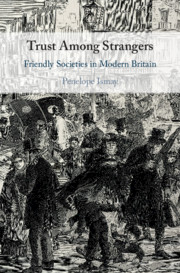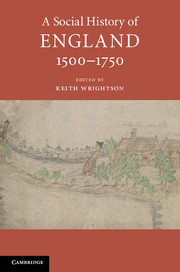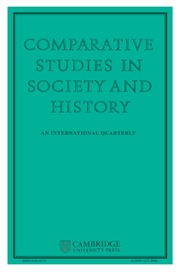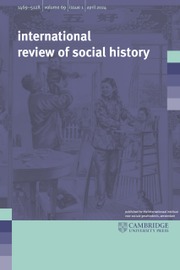Trust Among Strangers
In the late eighteenth and early nineteenth centuries, the internal migration of a growing population transformed Britain into a 'society of strangers'. The coming and going of so many people wreaked havoc on the institutions through which Britons had previously addressed questions of collective responsibility. Poor relief, charity briefs, box clubs, and the like relied on personal knowledge of reputations for their effectiveness and struggled to accommodate the increasing number of unknown migrants. Trust among Strangers re-centers problems of trust in the making of modern Britain and examines the ways in which upper-class reformers and working-class laborers fashioned and refashioned the concept and practice of friendly society to make promises of collective responsibility effective - even among strangers. The result is a profoundly new account of how Britons navigated their way into the modern world.
- Provides a fresh perspective on friendly societies and on social cooperation and solidarity in modern societies
- Illuminates how Britons resolved the problems of trust that made modernity possible
- Highlights the malleability of the practice and concept of friendly societies, and how they live on in the modern day
Awards
Joint-winner, 2019 Stansky Book Prize, North American Conference on British Studies
Reviews & endorsements
'Few books actually change the way we conceptualize British history, yet this is one of those rare achievements. Penelope Ismay excavates the larger landscape of mutuality and reciprocity, revealing the vital significance of friendly society in the industrial age. We are all in her debt.' Deborah Valenze, Barnard College, New York
'Penelope Ismay adds much to what we thought we knew about British friendly societies, especially their technologies for maintaining trust as their membership expanded in the nineteenth century. But she also locates them in a context we never thought to ask about, namely the varied political strategies, dating back into the sixteenth century, for 'organizing reciprocity', including Christian charity, the Elizabethan poor law, savings banks, and, ultimately, the welfare state. With this insight, Trust among Strangers forces us to rethink the persistent and multifaceted place of community in modern life.' Timothy Alborn, Lehman College, City University of New York
'This groundbreaking study re-evaluates the foundation of friendly societies, focusing on how they maintained long-held notions of sociable, trust-based mutuality throughout the nineteenth century, in the face of opposition from actuarial science. It convincingly shows how the friendly society was an institution through which the working class was able to embed its own welfare in communities, and will be necessary reading for anyone interested in the social history of the subject.' Craig Muldrew, University of Cambridge
'An exceptional work of history revealing how the principle of mutuality, built upon notions of friendship and trust, and embedded in the practices of friendly societies from the time of Daniel Defoe, played a central role in the formation of the modern welfare state. It played a special role in the thinking behind the National Health Service, which might be considered a friendly society writ large.' Gareth Stedman Jones, Queen Mary University of London
Product details
August 2018Hardback
9781108472524
228 pages
235 × 156 × 18 mm
0.48kg
6 b/w illus. 2 maps 1 table
Available
Table of Contents
- Introduction: new beginnings
- 1. Friendly society before friendly societies
- 2. Friendly societies and the meaning of the new poor law
- 3. The battle between savings banks and friendly societies
- 4. Trusting institutions: making the Independent Order of Odd Fellows, Manchester Unity
- 5. Trusting numbers: sociability and actuarial science in the Manchester Unity
- Epilogue: alternative endings.








